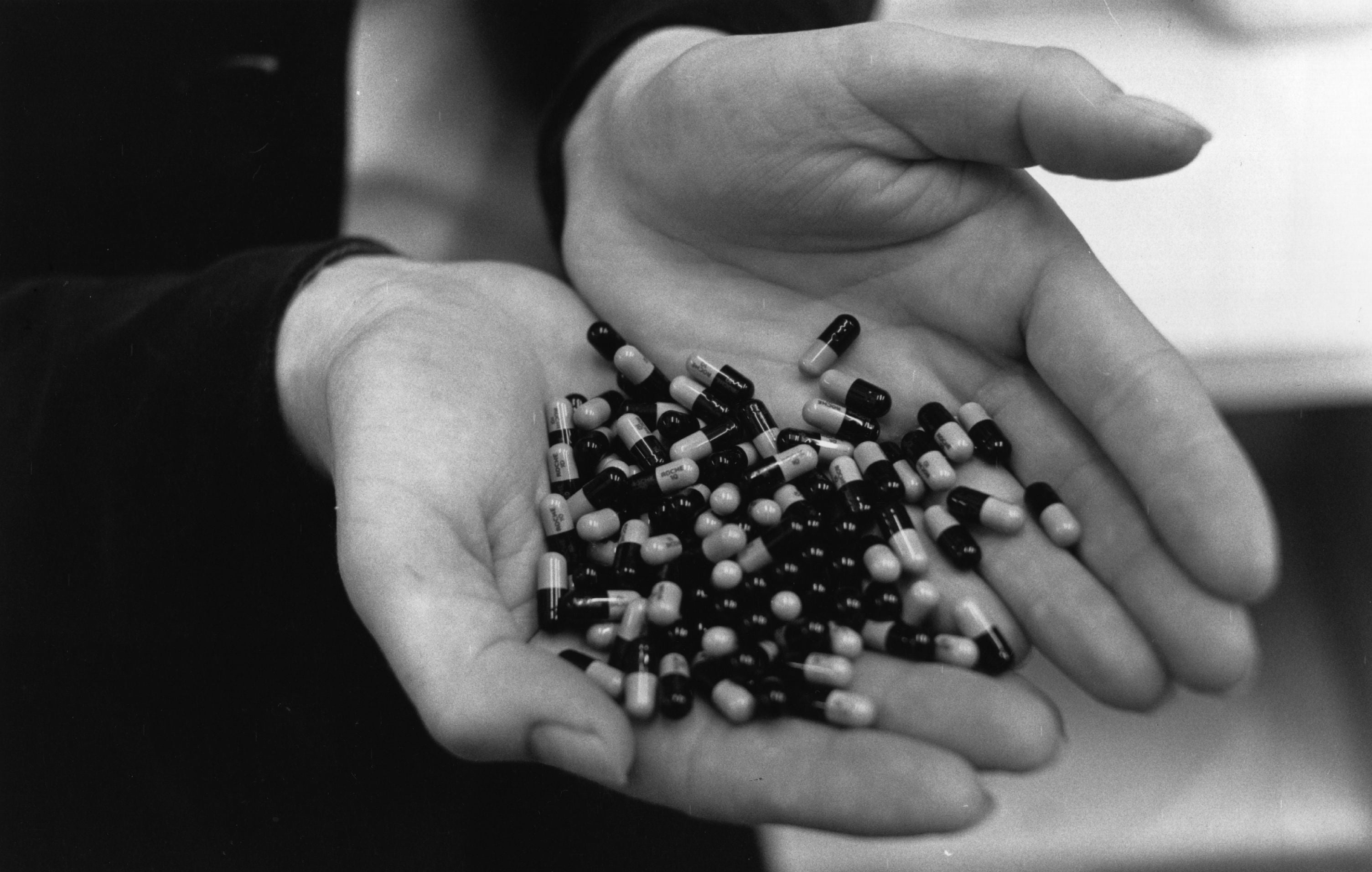Scientists say pill to treat Covid could be ‘months away’
A number Covid antivirals are currently being trialled

Scientists have said that a pill which would be able to treat Coronavirus could be just “months away.”
Antiviral drugs are being trialled on a number of participants, as part of an international effort to find a treatment which could halt Covid early in its course.
“Oral antivirals have the potential to not only curtail the duration of one’s Covid-19 syndrome, but also have the potential to limit transmission to people in your household if you are sick,” said Timothy Sheahan, a virologist at the University of North Carolina-Chapel Hill, who has helped pioneer the therapies, reported NBC News.
Antivirals are already used to treat other infections such as HIV and Hepatitis C. One of the most well known is Tamiflu, a pill used to shorten the duration of flu symptoms and reduce the risk of patient hospitalisation, if administered quickly.
The pills work in various different ways, depending on the type. However, they can be engineered to boost the immune system to fight infection. They can also block receptors so viruses can’t enter healthy cells, as well as reducing the amount of active virus in the body.
At least three promising antivirals for Covid are currently being tested and results of these are expected in the winter, according to Carl Dieffenbach, director of the Division of AIDS at the National Institute of Allergy and Infectious Diseases, reported NBC News.
One is a medication from Merck & Co and Ridgeback Biotherapeutics called molnupiravir. Two others include one made by Pfizer, which is known as PF-07321332, and AT-527, a candidate which is produced by Roche and Atea Pharmaceuticals.
The antivirals work by interfering with the virus’s ability to replicate in human cells. In molnupiravir, the enzyme that copies the viral genetic material is induced to make so many mistakes that the virus becomes unable to reproduce.
This goes on to reduce a patient’s viral load, which in turn shortens infection time and is thought will prevent dangerous immune responses that can cause serious illness or death.
A trial for the molnupiravir medication is taking place in Seattle at the Fred Hutchinson Cancer Research Centre. So far just under 2000 participants have taken part. Participants take four pills, two times a day, to treat Covid-19, although some of the pills are placebo, while some are the real medication.
Participants must be unvaccinated and need to be enrolled in the trial within five days of positive Covid tests.
Miranda Kelly, a certified nursing assistant, and her husband Joe Kelly, both in their forties, took part in the trial when they caught Covid-19.
The pair live in Seattle with their family and agreed just after their diagnoses, to join the clinical trial for the molnupiravir medication.
The day after they had signed up to take part, the couple were taking four pills, twice a day.
They were not in fact told whether or not they had received an active medication or a placebo, but said that within a week their symptoms had improved. Another week later, they had recovered.
Should the antiviral pills prove effective in trials, the next challenge would be to create a distribution system that can get them to individuals as soon as they test positive.
Indeed, Merck officials predicted that the company could produce over 10 million courses of therapy by the end of 2021, should it pass the final phase of the trial.
Dr Elizabeth Duke, a Fred Hutch research associate overseeing the molnupiravir trial, told NBC news: “Think about that, you could give it to everyone in a household or everyone in a school. Then we’re talking about a return to, maybe, normal life.”
Join our commenting forum
Join thought-provoking conversations, follow other Independent readers and see their replies
Comments